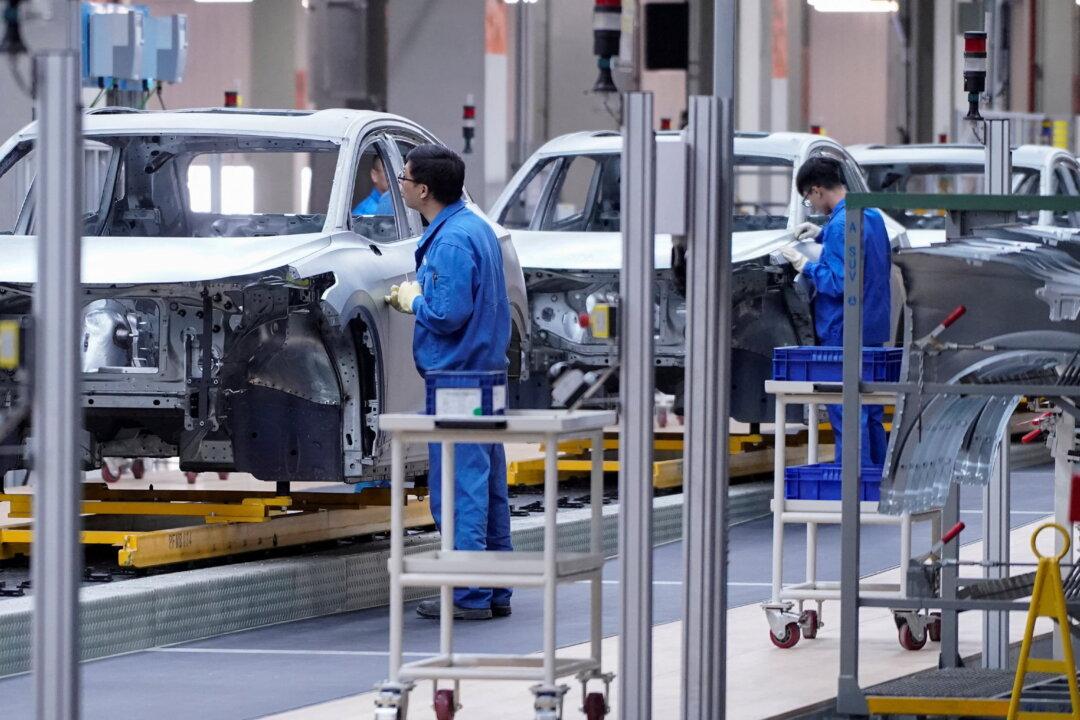Interest in electric vehicles (EVs) in Canada is declining at a time when the country has made billions of dollars of investments in factories to create the products, a new report has found.
“So higher gas prices, people are more interested in EVs, lower gas prices, that interest starts to soften a bit,” AutoTrader editor-in-chief Jodi Lai told Global News in an interview.





